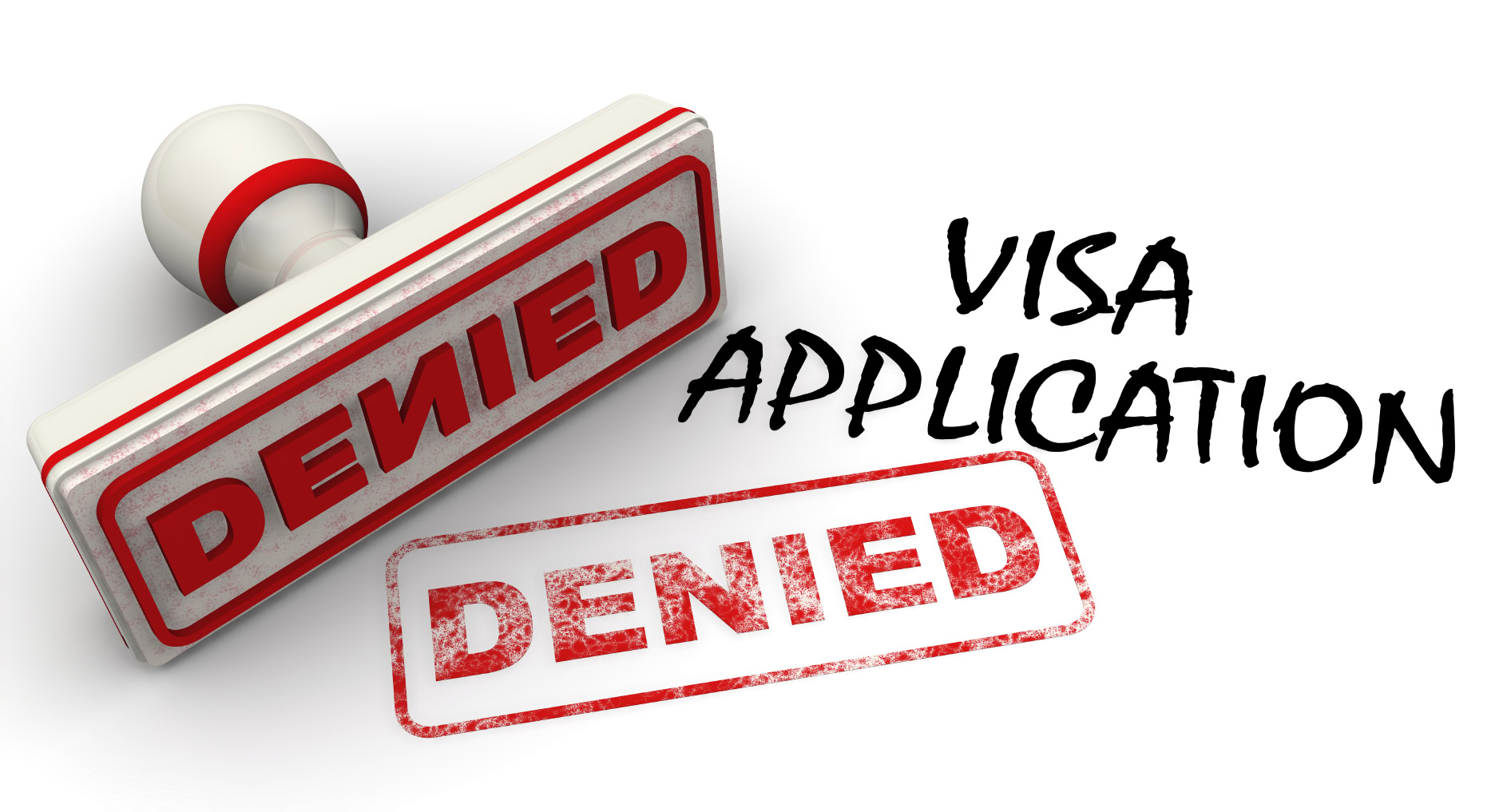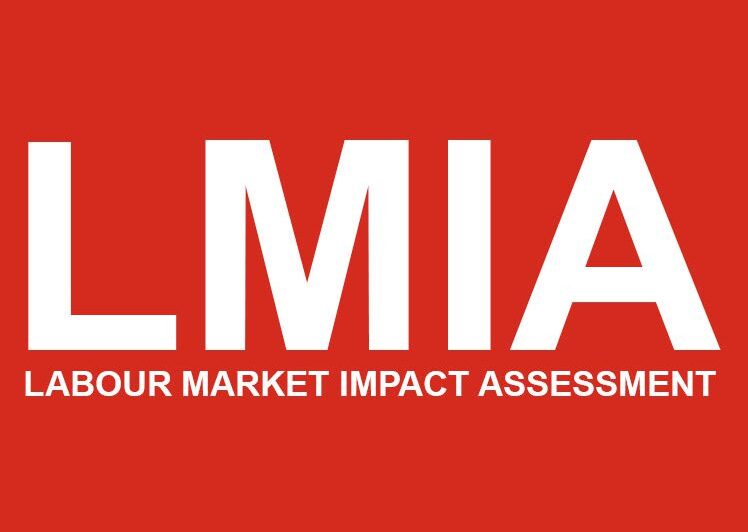Family Class and Family Sponsorship
The Different Types of Family Sponsorship under the Family Class Category
The Family Sponsorship program under the Family Class Category of Immigration is one of the most popular programs nation-wide in Canada. Under this program, you may be eligible to sponsor your spouse, common-law partner, and many other family members in order for them to gain permanent residency in Canada. Of course, there are requirements and eligibility factors to consider before applying. Therefore, in this article, I will address the different types of family sponsorship under the family class category, the eligibility requirements in order to sponsor, and much more.
The Different Types of Family Sponsorship
Under the Family Sponsorship, there are a variety of relatives which whom you may sponsor. Most commonly, a Canadian citizen or a permanent resident of Canada may sponsor any of the following individuals to come to Canada and gain permanent residency:
- Their spouse, common-law partner or conjugal partner
- Their dependent child
- Their mother or father
- Their grandmother or grandfather
- Their brother or sister
- Their nephew or niece
- Their grandchildren (their parents must be deceased; they must be under 18; and they must not be married or in a common-law relationship)
In addition, there are also two options for who you may sponsor in terms of your relatives. Below I will explain in detail both options.
Orphaned Close Relatives
For these specific relatives, you can only sponsor them if they meet all of the below conditions. If they do not meet all of the conditions, then you may not be able to sponsor them, unfortunately.
The sponsored relative must be:
- Orphaned
- Under the age of 18
- Without a spouse, common-law partner or conjugal partner
- Related to the sponsor by blood or adoption, for instance a brother or sister, nephew or niece, or grandchildren
Other Close Relatives
In order to sponsor any other close relative, you may only sponsor one relative of any age that is related to you by blood or adoption, only if you meet all of the following conditions.
The sponsor must:
- Not have a living relative that they could possibly sponsor instead, such as a spouse, child, etc.
- Not have any relatives, such as spouse, child, etc. that is a Canadian citizen or a permanent resident.
It is important to note that if you are sponsoring a relative to Canada that has a spouse, partner, or dependent child that will come to Canada with them, you must also include them on the same sponsorship application.
Eligibility Requirements to Sponsor
In order to be eligible to sponsor relatives to Canada to become permanent residents of Canada, there are certain requirements and conditions you must meet. First and foremost, you must either be a Canadian citizen or a permanent resident of Canada and you must also be over the age of 18. In most cases, the sponsor must reside in Canada in order to sponsor their family member. However, a Canadian citizen may be able to sponsor their spouse, common-law partner, conjugal partner or dependent child while living outside of Canada, so long as the sponsored individual intends to live in Canada once they gain permanent residency.
Subsequently, there are also other requirements that must be fulfilled prior to sponsoring your family member. For instance, if you would like to sponsor your parent or grandparent to Canada, the government of Canada requires the sponsor to meet set income guidelines in order to prove that they will have sufficient funds to care for their immediate family as well as their parents or grandparents.
In all sponsorship cases, the sponsor must agree in writing to give financial support to any relative or any other eligible relatives coming with them to Canada. This agreement begins on the date that they become permanent residents of Canada and may last for a maximum of 20 years, depending on their age and how they are related to the sponsor. Specifically, for spousal sponsorship, a spouse, common-law partner, or conjugal partner will only be financially supported by the sponsor for a 3 year period once they have obtained permanent residency in Canada. On the other hand, if the sponsor is sponsoring their dependent child, the obligation to financially support them will last for 10 years after the child becomes a permanent resident of Canada or until the child reaches the age of 25. This depends on whichever comes first. Lastly, if the sponsor is sponsoring their parent or grandparent, the obligation to financially support them will last for 20 years after that individual becomes a permanent resident of Canada.
Conclusively, it is essential to determine the requirements for family sponsorship, depending on the family member you would like to sponsor. For instance, there is an income requirement for parents and grandparents, whereas there is not for spousal sponsorship. In order to successfully and accurately apply and for a higher chance of approval, it is important to note the different between the different types of sponsorships and what is required for each.
Contact Akrami & Associates
It is essential that you have taken all of the aforementioned important information in consideration prior to applying under the Family Sponsorship under the Family Class category. Additionally, if you are unsure what requirements are needed from you, it is always best to research beforehand. Applying for a family sponsorship in Canada is a difficult task to do on your own; therefore, it is highly recommended that you seek out professional and experienced help before attempting to submit the application. Here, at Akrami & Associates, we work and have experience with many different immigration issues. We have helped many of our clients reunite with their family members and have helped them obtain permanent residency in Canada. If you believe that you might be eligible, please feel free to contact Akrami & Associates at our office at 416-477-2545 for more information or if you would like to book a consultation with an immigration professional for more advise.
With Akrami & Associates, there is always a way!
Latest Immigrations News

June 30, 2025
Your Shortcut to Business in Canada: C11 Work Permit
Thinking about launching your business in Canada? Maybe you’ve spotted a gap in the market, or you’re just ready to expand your entrepreneurial journey to one of the most dynamic economies in the world. If that’s you, there’s good news: you don’t need a Canadian employer or [...]

June 24, 2025
Why Canada Visitor Visas Keep Getting Refused And How to Get Approved
Applying for a visitor visa to Canada sounds straightforward on paper. Fill out a few forms, gather your documents, pay the fee, and you’re good to go, right? Unfortunately, that’s rarely how it plays out. Refusals are far more common than most applicants expect. And if you’ve [...]

June 22, 2025
What Happens After Your LMIA Gets Approved?
So, your Labour Market Impact Assessment (LMIA) just got approved? congratulations! That’s a big win, no doubt. But here’s the truth no one emphasizes enough: your journey to working in Canada is only halfway there. A Labour Market Impact Assessment approval is essential, yes, but without a [...]

Book a Conslutation
One of our Representatives will
assist you with your matter. Book Now!
Click here

Call us for
more Information
+1-416-477-2545
Toll Free: 1-877-820-7121
Click here

Write Us (Online Form)
Complete our form and one of our
Representatives will contact you.
Click here
Subscribe To Our Newsletter


